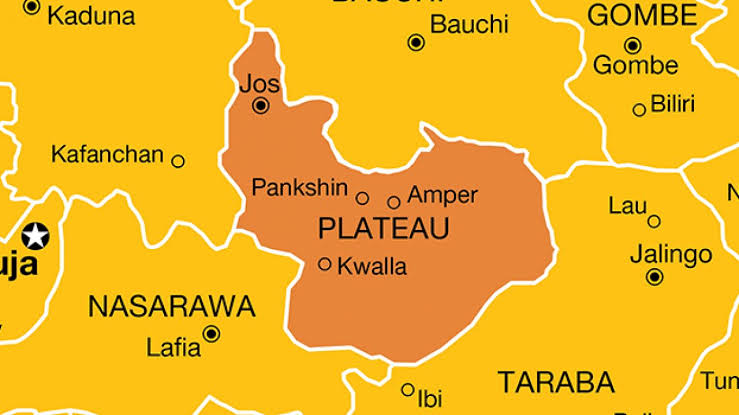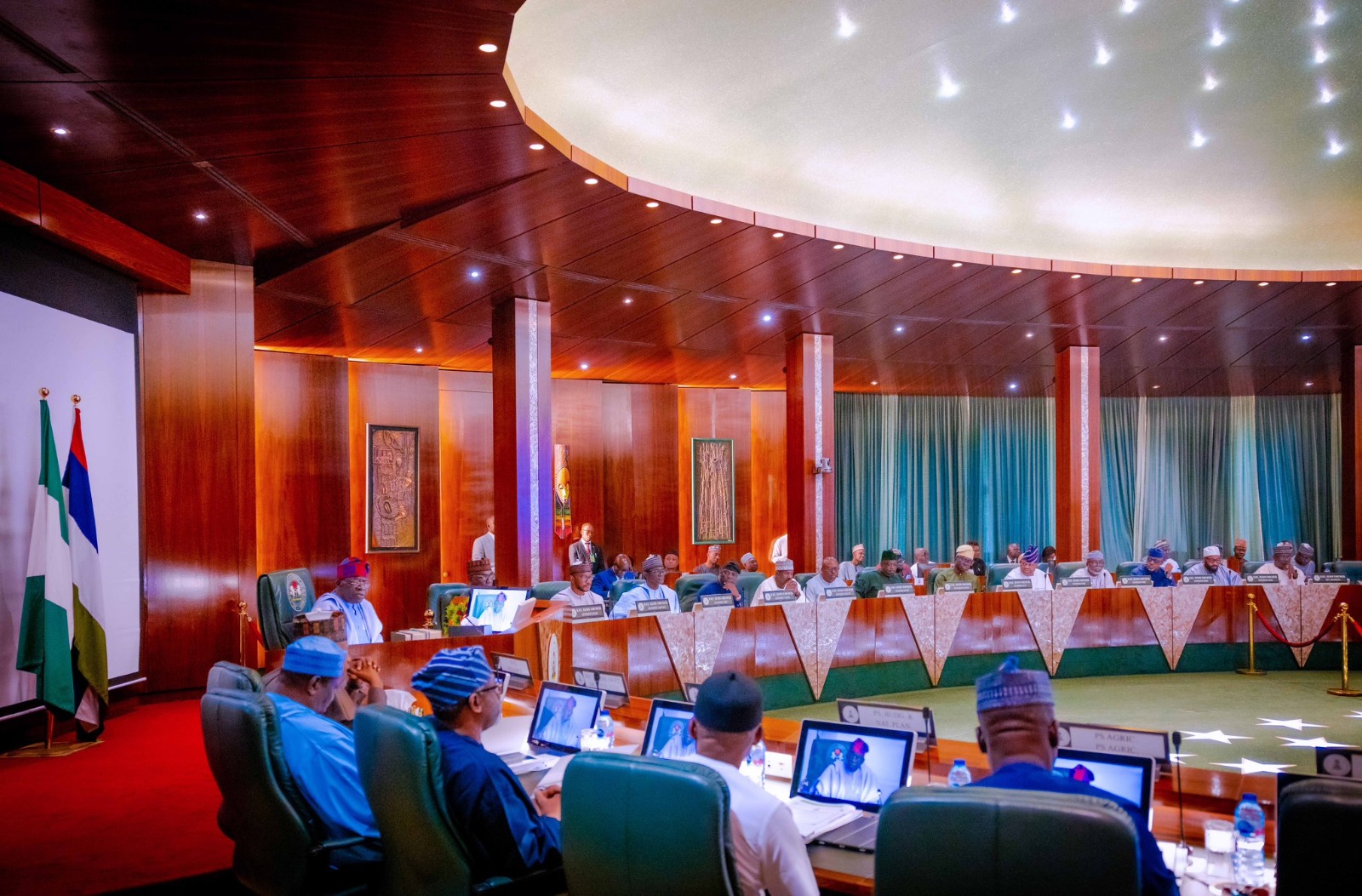File photo of Tinubu signing
President Bola Tinubu said he was going to hit the ground running upon his assumption of office. Four bills signed in two weeks, among other economic reforms, point to the fact that he has done just that.
In his inaugural address on May 29, Tinubu promised to improve on the achievements of his predecessor, former President Muhammadu Buhari.
He also highlighted a number of changes that Nigerians should expect to see in the coming weeks.
Here are four bills Tinubu has assented to since the start of his administration.
Advertisement
JUDICIAL OFFICERS LAW
The bill titled ‘Constitution of the Federal Republic of Nigeria, 1999 (fifth altercation) (No.37), 2023’ was the first to be signed into law by the president on June 8.
The law harmonises the retirement age for judges and pegs it at 70 years.
Advertisement
The legislation also ensured uniformity in the pension rights of judicial officers of “superior courts of record” specified in section 6(5) of the 1999 constitution (as amended).
The courts listed in section 6(5) are the supreme court, court of appeal, federal high court, high court of Abuja, high courts of states, sharia court of appeal, national industrial court, and customary courts of appeal, among others.
ELECTRICITY ACT
On June 9, Tinubu signed the bill which empowers states, companies and individuals to generate, transmit, and distribute electricity.
Advertisement
The new electricity law repeals the Electricity and Power Sector Reform Act of 2005 and consolidates the laws relating to the Nigerian Electricity Supply Industry (NESI).
Speaking on the new law, Tinubu said it would bring about development geared towards constant power supply.
The legislation provides an omnibus and institutional framework for the post-privatisation phase of Nigeria’s power sector in the areas of generation, transmission, distribution, supply, trading, and general use of electricity.
The primary objective is to create a comprehensive legal and institutional framework to guide the operation of a privatised, contract, and rule-based competitive electricity market in Nigeria.
Advertisement
The legislation also provides a framework for the improvement of access to electricity in rural, unserved, underserved, peri-urban, and urban areas through the use of conventional sources and renewable energy.
Under the law, states would be able to issue licences to private investors who have the ability to operate mini-grids and power plants, but such licences would not apply to the distribution of electricity between states or internationally.
Advertisement
STUDENT LOAN ACT
On June 12 — the nation’s Democracy Day — Tinubu gave assent to a law that will facilitate the provision of financial assistance to Nigerian students in tertiary institutions.
Advertisement
The legislation allows students to access interest-free loans from the Nigerian Education Loan Fund.
On Wednesday, the federal government said it was working out modalities to begin the disbursement of the loans from September.
Advertisement
According to the act, all students who have secured admission into any public Nigerian university, polytechnic, college of education, or any technical and vocational education and training (TVET) school can apply for the loan.
The act stipulates that the student’s income or family’s income must be less than N500,000 per annum to be qualified for the loan.
According to the legislation, employers of successful applicants must deduct the loan from their salaries after they must have completed their National Youth Service Corps (NYSC) programme.
DATA PROTECTION LAW
Tinubu signed the data protection bill into law on June 14.
The act of parliament allows for the establishment of the Nigeria Data Protection Commission (NDPC).
The legislation empowers Nigerians to seek redress in the event of a data breach.
The law stipulates that citizens’ personal data should be “processed in a fair, lawful and accountable manner”.
Add a comment






